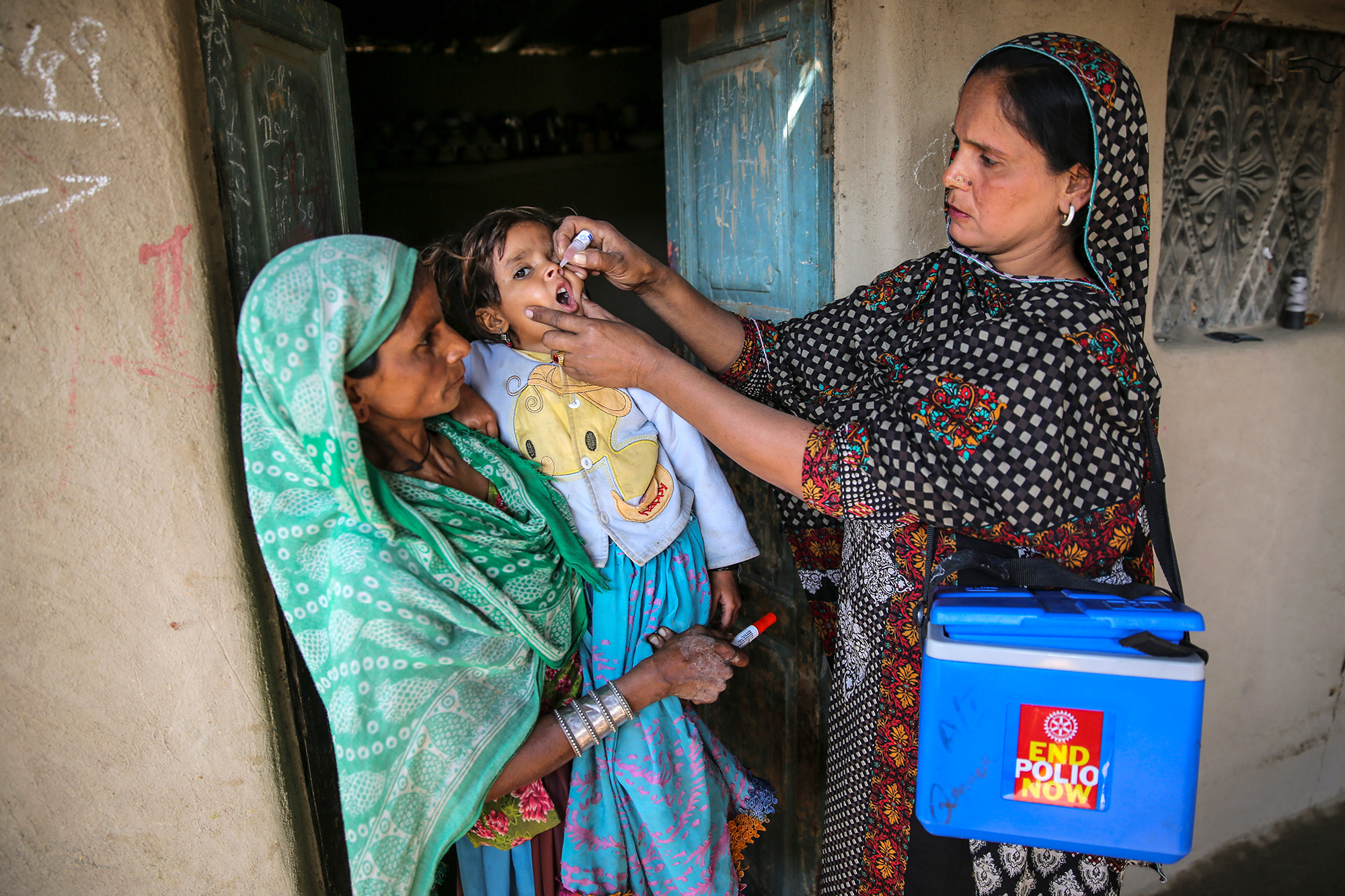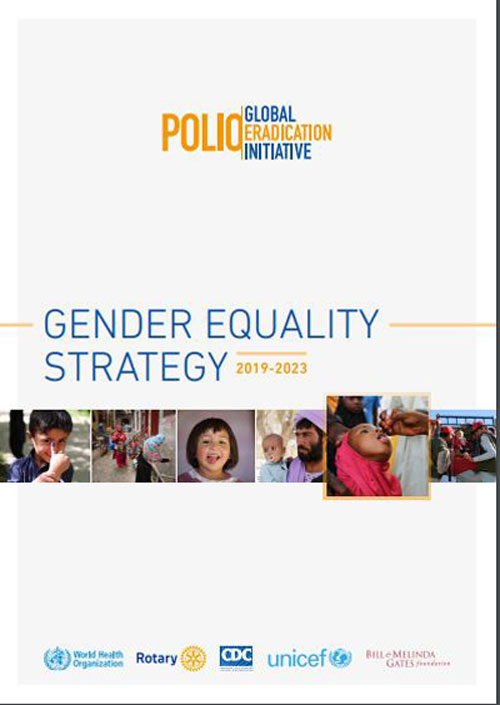Gender roles and norms, and their underpinning power relations, are powerful determinants of health outcomes. To reach every last child and achieve a polio-free world, the Global Polio Eradication Initiative (GPEI) is committed to identifying and addressing gender-related barriers to immunization and disease surveillance.
The GPEI advocates for the collection of data specific to members of each sex, both in vaccination coverage and in staffing, as an important step towards serving children and communities better to achieve polio eradication.
Intersecting with other determinants of health, including age, socioeconomic status and education, gender influences health-seeking behaviours and health outcomes. Gender related barriers operate at multiple levels, from the individual and the household to the community, hindering access to immunization services.
Health interventions cannot effectively meet the needs of all unless informed by sex disaggregated data and gender-sensitive analysis and action. An integral part of reaching every last child with vaccines is also the increased participation of women in immunization activities.
The GPEI monitors its interventions through a gender lens and conducts regular gender analysis to identify and address gender-related barriers in its immunization and disease surveillance activities.
Factsheet: Gender Mainstreaming in Action
Watch: Gender and Polio Eradication |English version| Urdu version |

